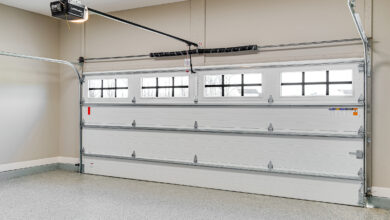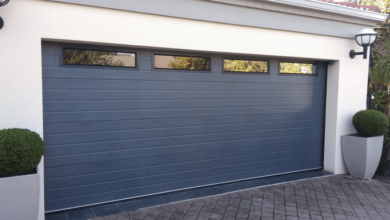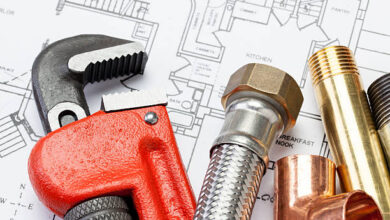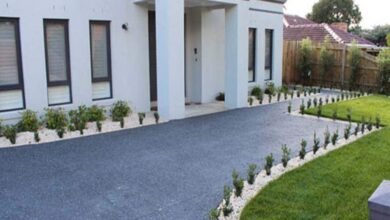Are Used Solar Panels a Bright Idea?
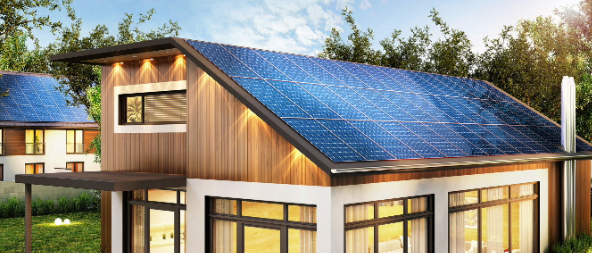
Secondhand shopping is on the rise. With more of us than ever trying to save money, it’s no wonder the global secondhand market is booming. From used cars to thrifted outfits, we’re looking for high quality at a low price.
Even the solar industry can’t escape the resale market. Used solar panels are becoming more and more common, and with the high price tag of a new panel, the reason for that popularity is clear!
If you’ve been wondering whether used solar panels are right for you, you’re far from alone. Let’s delve into the pros and cons of these purchases as well as a few things to consider before you take the plunge.
Why Consider Used Solar Panels?
Property owners often consider used panels for one simple reason: they’re much cheaper!
The average solar panel system can cost upwards of $30,000 before factoring in any incentives or tax credits you might receive. If you can find used options for a fraction of the cost, why wouldn’t you?
Depending on the type of panel and where you buy it from, you may be able to find used solar panels for 30-70% of the cost of new panels.
Secondhand solar panels may also be ideal for anyone trying to do a DIY solar project. Because you can find such cheap solar panels on the market, they’re a low-stakes way to tinker with these devices without breaking the bank.
These solar panels are also easy to access. Secondhand sites like eBay as well as dedicated platforms like SecondSol and Sunhub allow any seller to post their solar panels at a discount.
Used vs. Refurbished Solar Panels
Before we go any further, it’s crucial to talk about one big difference in secondhand solar technology: used vs. refurbished panels.
Used Solar Panels
Anyone can sell a used solar panel. Like a used car, the quality of these panels will vary a great deal.
Some used solar panels may be recent models in near-perfect condition. Their minor cosmetic flaws might not affect energy production, allowing you to get the same great performance at a steal.
Other models may be outdated. They may have older technology that doesn’t produce energy at the same rates as a modern panel. Because the solar industry is always innovating, these models may not offer the same advantages you’d get from buying new ones.
Refurbished Solar Panels
You can think of a refurbished solar panel the same way you’d think of a certified pre-owned car. Yes, someone else has owned and driven it, but the dealership has checked it over and restored it to an acceptable condition. In many cases, they’ll even offer a warranty.
When you buy a refurbished solar panel, you’re more likely to experience like-new performance. Though these models may not always offer the same output or lifespan as a new panel, they’re often a much better deal than a used panel.
Some (but not all) refurbished models will come with a solar panel warranty. However, it’s always important to check the terms and conditions to see what the policy covers. In many cases, the warranty period will be shorter than the coverage for a new panel.
Disadvantages of Used Solar Panels
Though they do boast a lower solar panel cost, used solar panels may also have some crucial disadvantages. If you’re considering buying secondhand models, here are a few things to be wary of:
You’ll Have to Do Your Homework
With used solar panels, you’ll have to do a lot of research before buying. As with buying a used car, you’ll need to research the seller and the product, consider any defects or damage, ask plenty of questions, and hope you’re getting a quality deal!
They’ve Already Degraded
Unless you’re buying from someone selling their unused, like-new solar panels, you’re probably getting models that have already degraded. Over time, the output of a solar panel will decrease through wear and tear. This means your system won’t produce as much energy as a new system throughout its lifespan, giving you a lower ROI.
You’re Missing Out on Tech Upgrades
As we’ve mentioned, the solar industry is always innovating. Newer, more efficient solar panels boast updated technology that produces more and more electricity. If you buy outdated solar panels, you’re limiting their productivity and long-term output.
There May Be No Warranty
Warranties are great ways to get peace of mind when you’re making a huge purchase like a solar panel system. However, most used and even many refurbished solar panels have no warranty at all.
This means that if used solar panels produce less output than expected or show signs of defects, you’re out of luck. In the worst-case scenario, you’ll have to pay even more to replace a defective used solar panel with a new one!
You May Not Get Incentives
When you buy new solar panels, you benefit from a huge variety of tax credits and incentives. You may be able to claim 30% of your system’s costs on your federal taxes. That’s without mentioning state and local initiatives!
However, in most cases, you won’t be able to claim these perks with used solar panels.
Installing Used Solar Panels
If you find a great deal and choose to go with used solar panels, you may need to jump through a few extra hoops during the installation process.
Not every installer will tackle used or cheap solar panels. Businesses won’t always want to offer a workmanship warranty on a secondhand model.
However, that doesn’t mean you should opt for DIY installation unless it’s the last resort! Always seek out quality solar panel services for advice and ask about installation before trying this task on your own.
Consider Secondhand Solar Panels
While they aren’t right for every property owner, used solar panels can be a great way to dip your toes in the water of solar energy. If you can find a great deal from a reputable seller and you’re willing to take the risk, these models can save you thousands of dollars while producing plenty of energy for years to come. Make sure to do your homework and get an expert’s help with the installation for the best results!
If you found this guide helpful, be sure to check out our other posts for additional advice.
